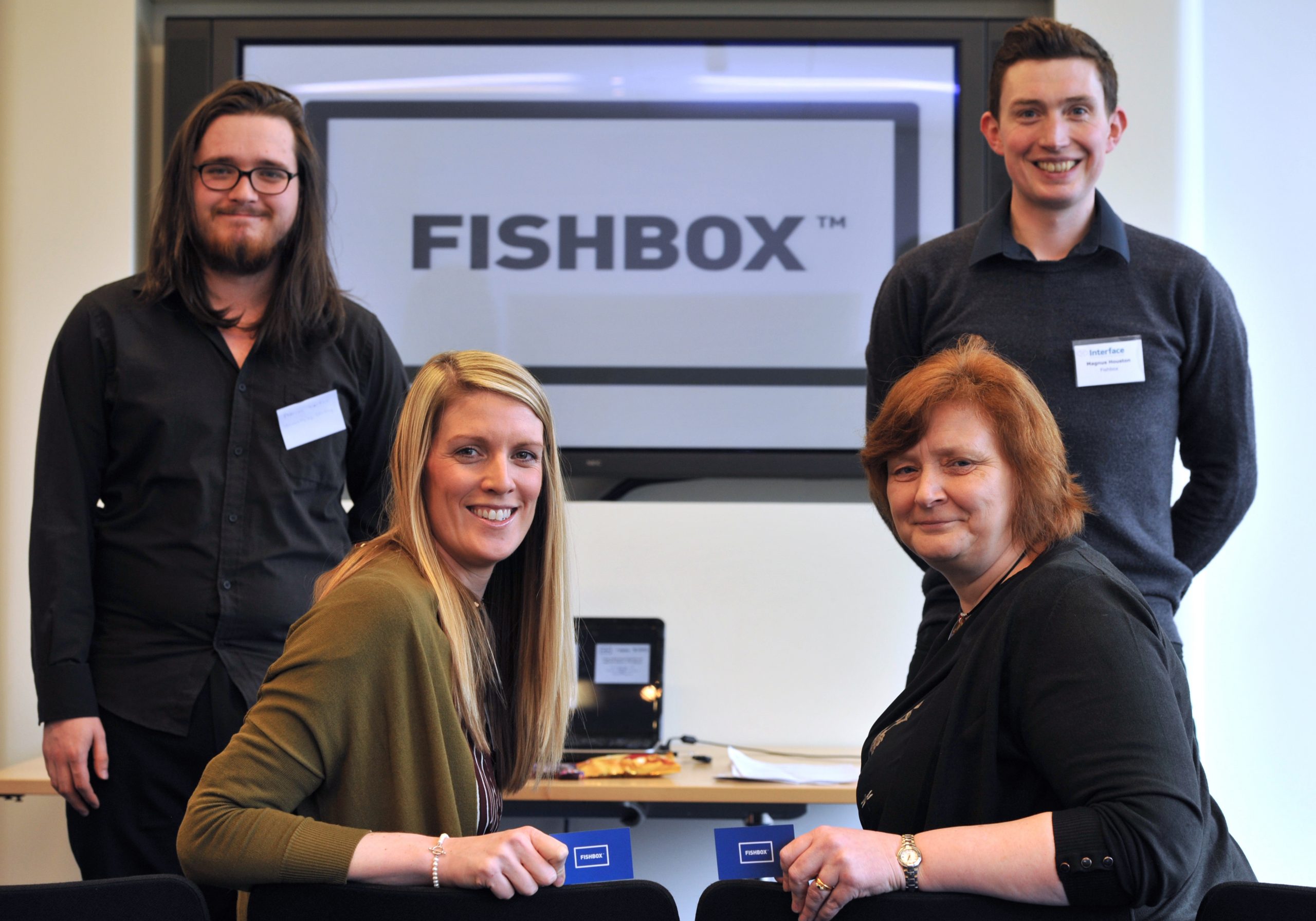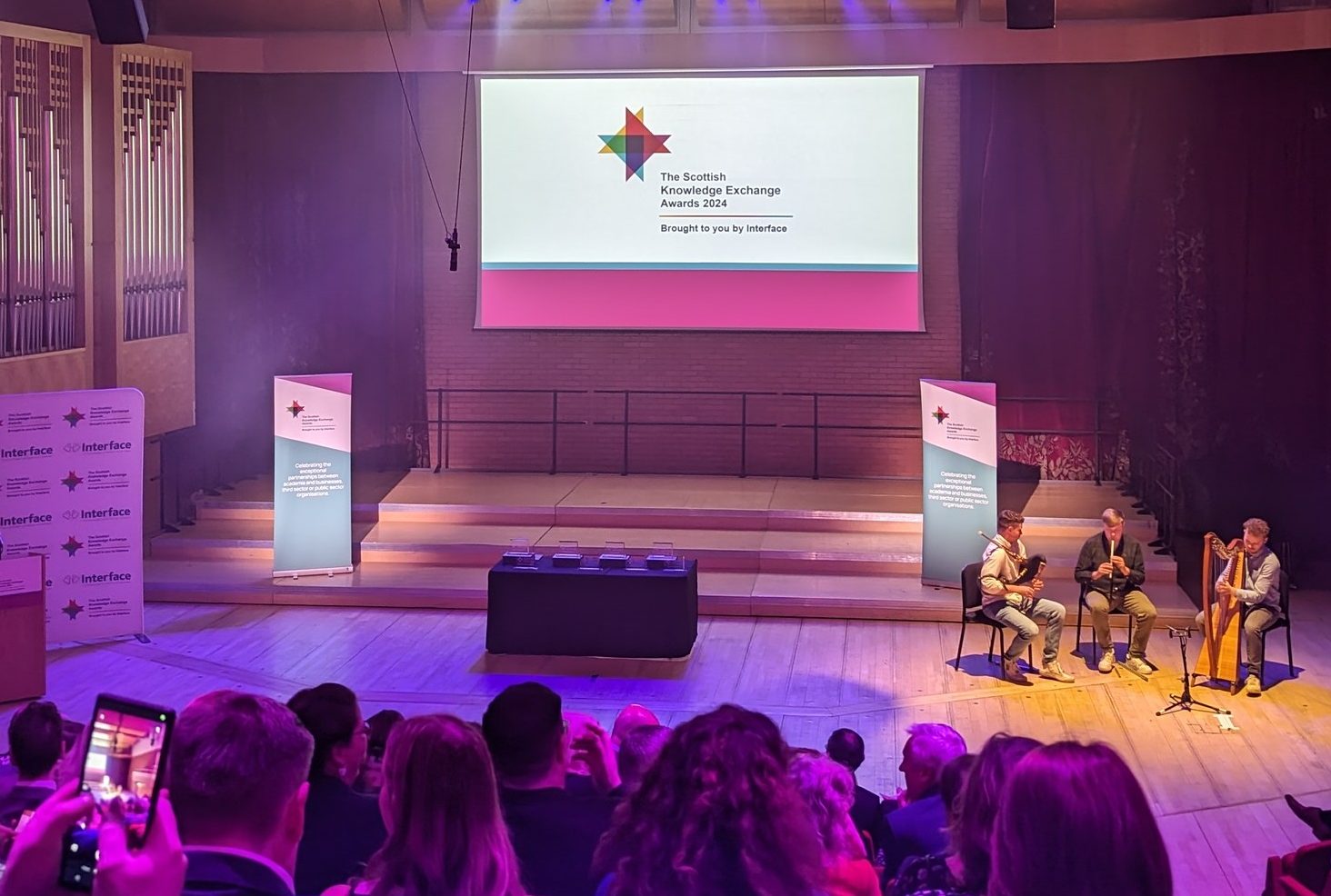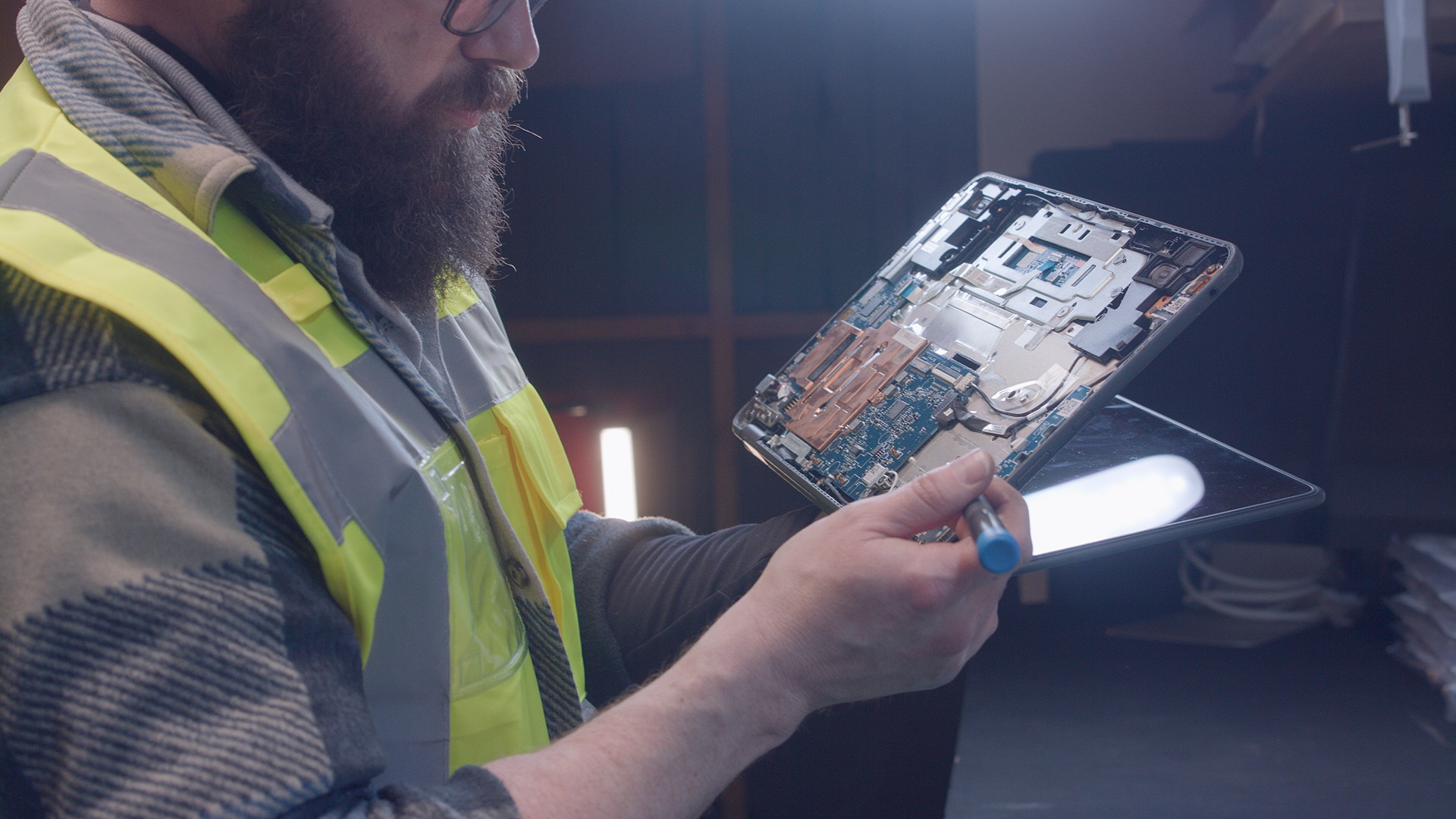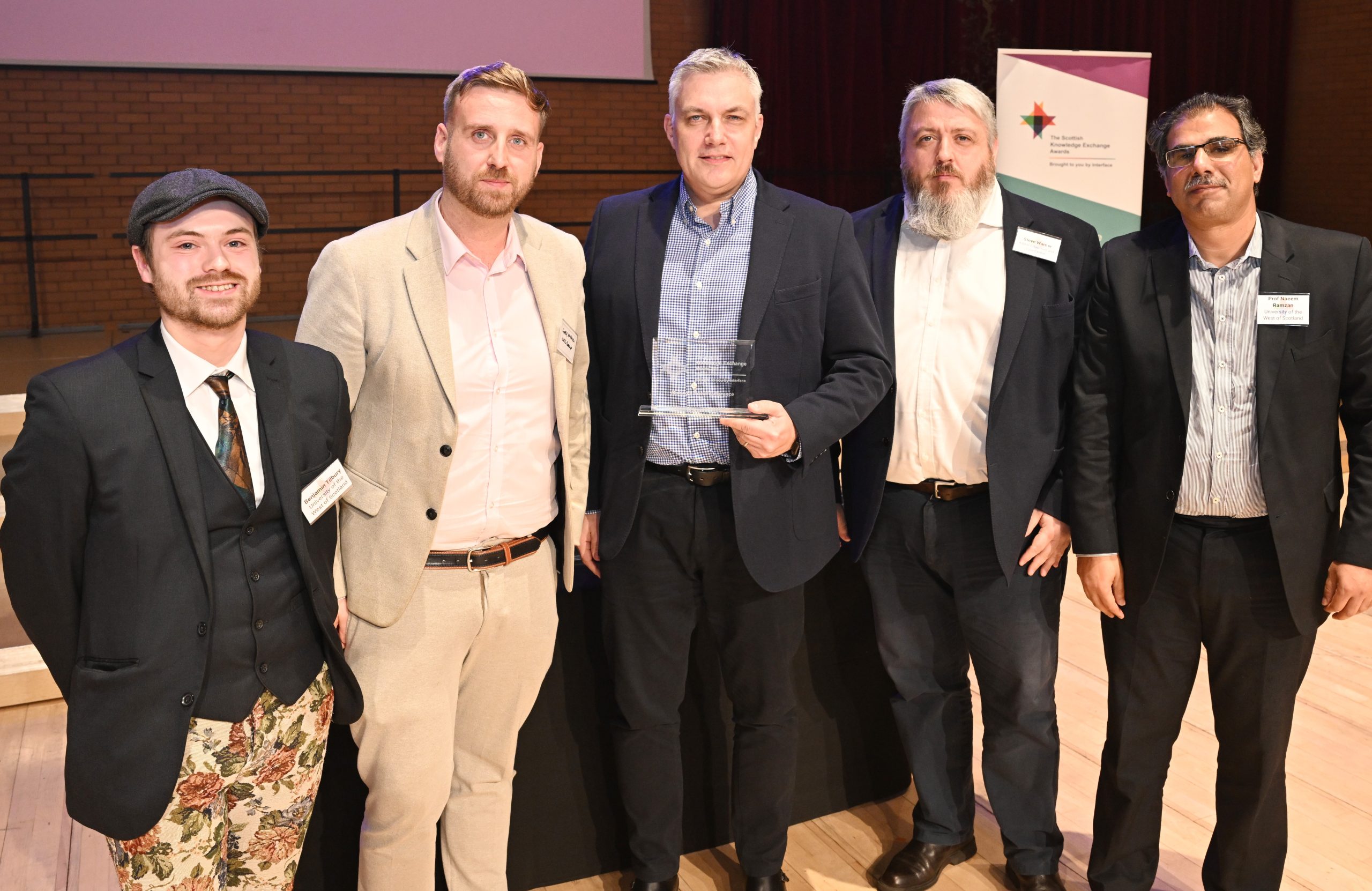Blog
Wheel of fortune for recycling week

As this is national Recycle Week, we decided to upcycle some of our blogs. Each month we ask a business Interface has connected with academic expertise a few questions about their company and what they achieved from working with academics. Here we have picked out a few answers which give a valuable insight into the world of business-academic collaborations…
What was the issue/hurdle you wanted to overcome by working with academics?
We knew we needed an algorithm and software specific to the needs of our business. We had approached some of the world’s largest seafood software companies and discussed our requirements – all of these companies told us that they couldn’t provide what we needed and that what we were asking for wasn’t going to be possible to build. We realised that our problem wasn’t necessarily a seafood related problem but more of a mathematics calculation and in order to find a solution we would require some lateral thinking from academics to achieve our results.
What benefits did the collaboration bring to your business?
We have been working with University of Stirling to produce an algorithm which can be coded into software which will ultimately give us a unique and innovative pick-pack process for our business that will allow the business to operate at a zero waste level. Fishbox customers do not dictate what fish they will receive in their fishbox – instead we fulfil orders with whatever has been landed in the market on that day. This reduces pressure on fishing stocks and utilises less popular species. We have only completed part of the algorithm so far, so at the moment it can’t be used in the day-to-day running of our business. However, we have successfully been granted the Follow-on Innovation Voucher to complete our project which will transform the way we run our business – allowing us to scale up dramatically and internationalise.
Christopher McCann, snap40
What was the issue/hurdle you wanted to overcome by working with academics?
We firmly embrace the creation of robust evidence that our product works and so it made complete sense to work with excellent academics who could help us do that. Second, we wanted to find a way to do non-invasive, easy and continuous monitoring of hydration – University of the West of Scotland (UWS) have some interesting tech that could help us do that.
What benefits did the collaboration bring to your business?
We are collaborating on a healthy volunteer study of our product and on the development of a new novel sensor. By collaborating we have gained access to some brilliant academics, built expertise within our own business and created a long lasting relationship with UWS.
Andrew Bissell, Sunamp
What was the issue/hurdle you wanted to overcome by working with academics?
Sunamp uses Phase Change Materials (PCMs) to create high energy density, compact systems that are capable of storing and releasing heat. The patented, non-toxic Sunamp Heat Battery technology stores and provides heat to warm a building or deliver hot water. The energy is released in much the same way as a hand warmer works. In 2009, inconsistencies led Sunamp, through Interface, to ask Professor Pulham and his team at the University of Edinburgh to analyse the PCMs they were using. They did this by developing additives, which would reduce the effects of any incongruent melting and, therefore, significantly improve the PCM’s heat storage properties.
What benefits did the collaboration bring to your business?
Great – Phase Change Material with no degradation. A super relationship with The University of Edinburgh, Chemistry Department and Colin Pulham and an excellent Materials Scientist, David Oliver who did his PhD through the CASE Programme and is now a valued member of the Sunamp staff.
Sooz Chirino, Sansooz
What was the issue/hurdle you wanted to overcome by working with academics?
I have a BA Hons degree in textiles, however, needed professional assistance and facilities to take the business to the next stage. My advisor (at Business Gateway/Elevator) suggested academic support. Interface then contacted me which led to us working with Duncan of Jordonstone University.
What benefits did the collaboration bring to your business?
We tested out how to get our designs done in a new way; not the other existing stitched reflective silver grey stripes or piping. Discover our latest business-academic collaborations across all the industry sectors here.



